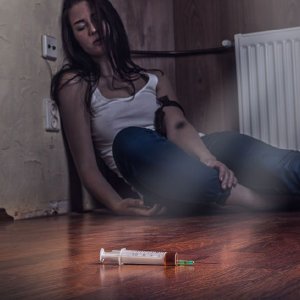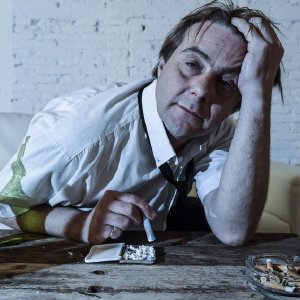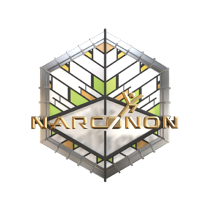My Son or Daughter is on Heroin: Now What?
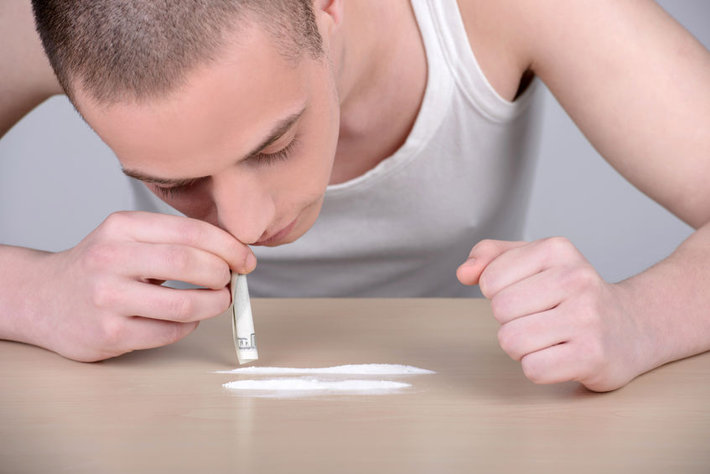
When a parent discovers they have a child on heroin, their first emotional response may be total and utter disbelief, followed closely by rejection. Parents may then work through many other difficult emotions, including anger, fear, and hopelessness. Some may even hold onto the desperate idea that their child can’t actually be “too hooked” and will therefore somehow come off heroin on their own. However, while these reactions are understandable, they do not help the child, whose life is quite literally in danger. If you have found out that you have a daughter or son on heroin, you need to take immediate aggressive action to help them.
Understanding the Problem
The first thing you need to do is understand the problem. This will help you to understand what your child is going through and just what it will take for them to get and stay clean. Your support and encouragement can be vital to their success, but it can be difficult to give it if you don’t recognize what is occurring or why. Take the time to learn all about heroin, including signs of heroin use, abuse or addiction as well as symptoms of heroin withdrawal, so that you know what you can do to best help your child.
Heroin is inarguably one of the most potent and addictive drug substances currently in existence, and it normally presents as a white, beige or gray powder or a black tar-like substance. As an opiate drug, heroin moves quickly to the brain when ingested, creating a feeling of intense euphoria, pleasure, and relaxation. It can cause the individual to feel comfortable and safe no matter where they are, and because opiate drugs bond to opiate receptors in the brain and nervous system, it can effectively block the body’s communication of physical pain. This can make the individual feel like all of their problems have faded away, which is often the reason they have turned to heroin use in the first place.
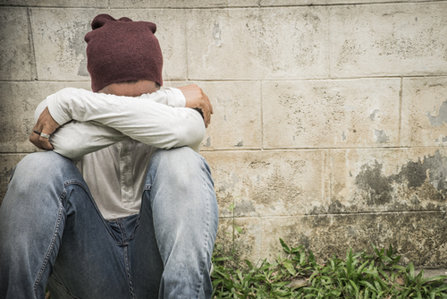
Some of the signs of heroin use include drowsiness and sudden dozing off, constricted pupils, slow breathing, flushed skin, runny nose, nausea, vomiting, scratching, slurred speech, constipation, neglect of appearance and hygiene, failing to eat, hiding arms with long sleeves, and more. The individual’s inability to think about anything except how to obtain and use more heroin, as well as the uncomfortable symptoms that come with heroin use, can cause them to wish they were free from the drug substance. However, most heroin users, abusers, and addicts fear withdrawal so thoroughly that they are willing to continue their heroin use just to avoid it.
Heroin withdrawals occur when the individual fails to consume the drug for some time after a previous use. In the absence of the drug that the body has grown to tolerate and depend upon, the individual is subjected to withdrawal symptoms that include body chills, extreme leg pain, runny nose, loss of appetite, watery eyes, excessive yawning, extreme depression, restless legs, back pain, neck pain, severe muscle cramps, painful stomach cramps, nausea and vomiting, diarrhea, tremors, panic attacks, insomnia, restlessness, and intense cravings for heroin. Some individuals who have experienced heroin withdrawals have described it as considerably worse than the worst flu symptoms they’ve ever experienced. The individual’s body is actually crying out desperately for more of the drug, and the individual who is unhelped and unsupported may just be too weak to resist getting relief through further heroin use.
Resolving Heroin Addiction
Fortunately, the hold that heroin has on an individual can be fully and successfully broken so that the individual can move forward into a happy, drug-free future. As the parent of a child on heroin, you can make it clear that you understand what they are experiencing and that while further heroin use will not be tolerated, you are ready to help and support them on the road to recovery. In some cases, the individual on heroin will gratefully accept this help when it is offered, but in other cases, they may resist the idea that they have a problem or they need help. It’s important to bear in mind that their life is on the line, and you, therefore, have every right to be firmly persistent. It can help to have treatment options researched and arranged in advance so that the individual moves right onto their recovery path right away.
Residential rehabilitation treatment is successful in handling heroin use, abuse or addiction because it removes the individual from their normal life environments and routines and places them in a drug-free, calm, supportive environment in which to fully recover. Furthermore, there is no reason an individual has to suffer horribly through heroin withdrawals or turn to medications in order to make it through to full recovery—a fact proven with the unique, holistic and highly successful Narconon program.
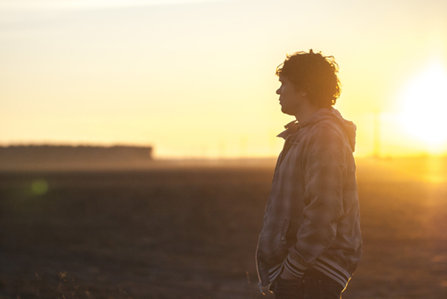
Through proper physical detoxification and appropriate support, encouragement, and assistance, an individual can smoothly withdraw from heroin use and eliminate all traces of heroin toxins from their body. With a cleaner body and a clearer mind, the individual can address the causes for their initial heroin use and take responsibility for their decisions and actions. Then, they can gain the various life skills they need to establish and maintain a healthy, productive future in which a return drug use isn’t even considered a remote possibility. This is precisely what is achieved through the Narconon program, and what can help parents to know that they have done the absolute right thing by stepping in and demanding their child gets the help they need to take their life back from heroin.
If you have a child on heroin and you are looking for a heroin drug rehab in Oklahoma, call Narconon Arrowhead today.
